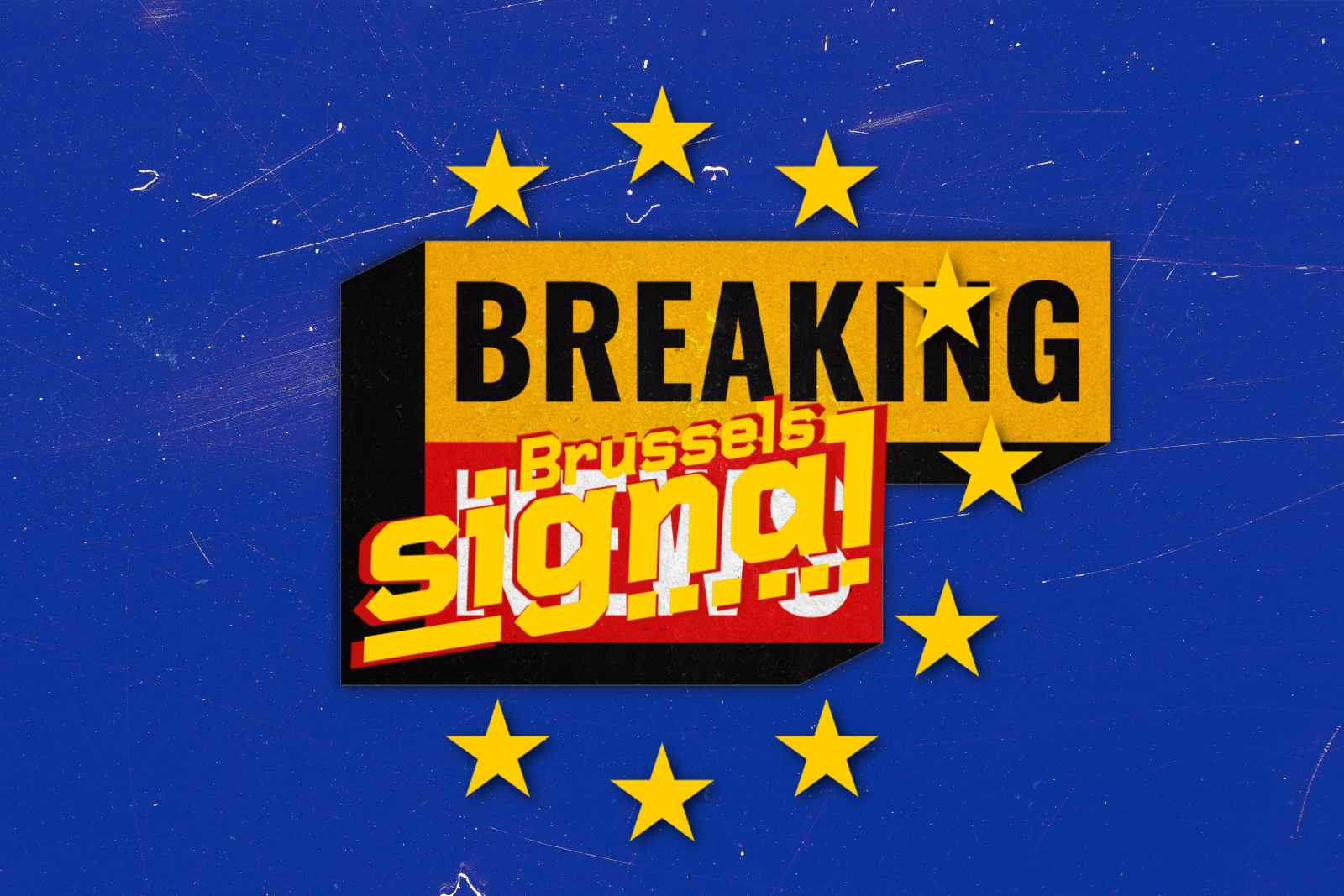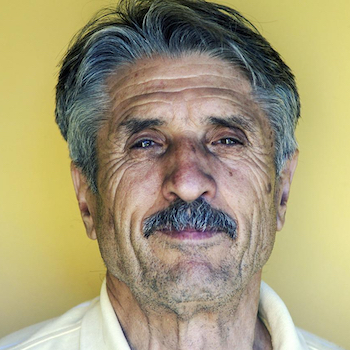
Media
The Antidote to Media Consolidation: Fresh Perspectives
In the basic economics of supply and demand, opportunity stems from recognized demand. According to a recent press release, Remedia Europe, the digital media publisher, just recently launched a new EU affairs-focused outlet. Brussels Signal is their response to what they see as an increased demand for different perspectives on the issues important to Europeans.
Located in the heart of the European Quarter, Brussels’s newest media player will launch video content and newsletters in the coming weeks, followed by events from its purpose-built studio this autumn. Choosing to respond to increasing calls of social media news fatigue in exchange for something decidedly more authentic and human, as well as limited-scope news coverage, Brussels Signal states that it aims to provide fresh coverage and insight into EU affairs.
Launching in turbulent times
The launch of Brussels Signal is seen by many as arriving at a critical time for the European media landscape. Qatar Gate is just one example of why it matters to have news outlets that demand accountability from decision-makers. With seasoned journalists like Douglas Murray, Anne-Elisabeth Moutet, Dominic Green, and Alessandra Bocchi, among many others, Brussels Signal will be asking hard-hitting Europe-related questions.
Given the challenges facing the European Union on all fronts, Brussels Signal’s entrance onto the scene is timely, with an abundance of developments calling for critical and incisive reporting. Internal differences among EU member states are challenging the substance of what European unity really means; examples range from Eastern European member states issuing temporary bans on grain imports from Ukraine to Bulgaria failing to enforce Russian sanctions. In the current geopolitical context, Europe’s external challenges are certainly not negligible, with the war in Ukraine, energy security, migration, and major elections all potentially heralding a complete reshuffle of European power dynamics.
Yet this political turbulence also offers an opportunity for Europe to demonstrate its ambition. Brussels Signal states that it looks forward to reporting on it all and offering readers the level of journalistic quality needed to make sense of the chaos. Patrick Egan, Remedia CEO and publisher of Brussels Signal has underlined this point, saying that, “the EU and its member states remain indispensable in this environment fraught with crisis and conflict, and there is no question that European institutions and the people of Europe would benefit from distinctive sources of news and insights.”
Countering challenges to media pluralism
During an age of EU media consolidation, it is important to have an outlet that allows marginalized dissenting voices on critical issues facing Europe today to have a platform and to be heard. Today’s European citizens demand and deserve media pluralism and transparency. In only nine European countries can the public find out who the actual owners of the broadcast media are from reporting to media regulators or company registers. Disclosure to media regulators of beneficial (ultimate) owners of media outlets is not currently required in most European countries, and there is no unified or standard approach to collecting or requiring disclosure to the public of media ownership data, particularly with regard to print and online media.
This is particularly problematic as in Europe disclosure is often made to public media authorities. Still, in some cases, like for example the Ministry of Culture in Bulgaria, disclosure is required for specific ministries, which can obviously be questionable as public bodies have the discretion to authorise media services. Thus, if there are no mechanisms to ensure independence from political power, freedom of speech can be limited, meaning that outlets which ask tough questions and encourage free debate, as well as political mechanisms that ensure their independence, are essential.
As a European Commission official recently stressed, “preserving media plurality is not within the remit of EU competition rules. EU merger reviews solely concern the competition effects of proposed transactions.” This clearly shows that it is the responsibility of the free market to self-regulate and create a media plurality that cannot be created through legislation, which is what Brussels Signal aims to do. Regardless of the media source, hiring people who represent different views and have worked in diverse environments allows for conversations to be enriched and perspectives to be deepened, which always benefits the reader.
Adapting to new industry realities
Beyond the concentration issue, the broader media environment has experienced substantial disruption in recent weeks, with the dramatic downfall of the past decade’s wunderkind digital media companies once valued in the billions offering lessons and opportunities for those discerning enough to recognise them. With its fresh approach and understanding of the unfolding changes in the news industry, it seems that Remedia Europe could be one of these firms, particularly as it is steering clear of a digital media business model rendered outdated by shifts in digital advertising trends and evolving public preferences.
Egan is optimistic about the future of Brussels Signal, stating in a press release that “when we look at the current media landscape, we see an opportunity.” Between investing his own resources and securing the necessary seed capital, Egan has expressed “confidence in our news brand” as well as its financial sustainability.
As the Brussels media landscape evolves to better represent the diversity of thought in Europe, Brussels Signals appears to represent an effort to cultivate and restore the trust, dialogue, and pluralism that has failed to flourish at the European level.
